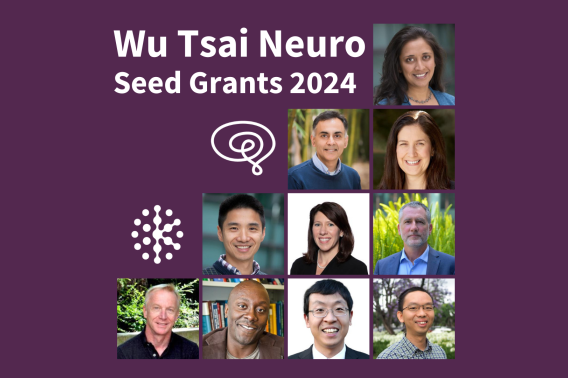Project Summary
Epilepsy is a common disease in children, and is defined by the tendency of the brain to have unprovoked seizures. 30% of children with epilepsy have seizures that continue despite treatment with the best available medications, which often leads to cognitive impairment. Some of these children with medication refractory epilepsy can be effectively treated with a low-carbohydrate, high fat diet called the ketogenic diet (KD). The KD mimics the effects of fasting and forces the body to shift from glucose to ketone metabolism as a primary energy source. For reasons that are incompletely understood, the shift to ketosis is a potent anti-seizure intervention in many children. However, implementation of KD is limited by difficulty in adhering to this extremely restrictive diet as well as significant or even life-threatening side effects. Therefore, two critical knowledge gaps are (1) what are the effector metabolites formed in the body that produce the therapeutic effects of KD, and could they alone be administered, sparing children from the harsh side effects of the KD; and (2) what specific mechanisms at the level of cells in the brain underlie the anti-seizure effects of KD? In this proposal, we bring together synergistic expertise on mass spectrometry-informed KD metabolomics (Long lab) and clinical and translational pediatric epilepsy research (Knowles lab) to address these questions. In innovative human and mouse studies, the Long lab recently discovered major metabolites produced by KD, including a particularly abundant metabolite with potent physiological effects, BHB-Phe. Here we propose to apply mass spectrometry techniques to measure BHB-Phe and other KD metabolites in children undergoing KD for refractory epilepsy at Stanford. Further, in a mouse model of refractory genetic epilepsy, we will compare targeted BHB-Phe treatment to full KD treatment using transcriptomics, EEG assessment of seizures and cognitive testing.
Project Details
Program:
Funding Type:
Seed Grant
Award Year:
2023
Lead Researcher(s):

